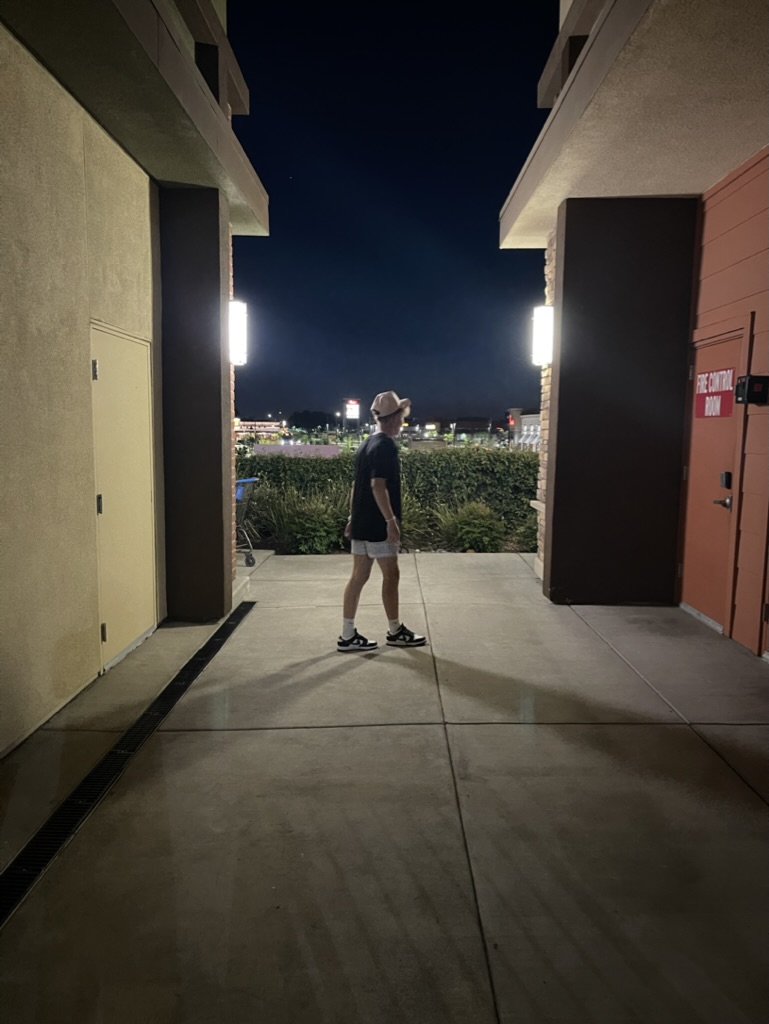Music and entertainment have always had a strong influence on humanity, but it has never had as much influence as today when social media is at the peak of its powers. One area where media has always had significant influence has been the fashion industry, but the scale to which it now affects it is huge.
A graphic example is seen in the shoe business or what most people call “the shoe hustle.” To describe how huge the shoe business has grown, Justin Melnichuk, founder and CEO of Sneaker Kitchen LLC, explains; “I started selling shoes as a 12-year-old kid, and as social media became more influential and the e-commerce technology became more effective, it grew into Sneaker Kitchen. I have done over $10 million in revenue since incorporation in 2018. I am still just 16, and I sell all of this on Instagram.”
Shoes have always been significant to every income group in America. Wearing the right shoes sends a clear message that the person is trendy or cool, and pop culture has only deepened this perception.
A Cowen & Co. analysis from July 2021 estimated that the sneaker resale industry was worth about $2 billion in North America and could reach $30 billion globally by 2030. With every sneaker drop and every artiste-inspired shoe hype, entrepreneurs are making a killing by figuring out the best ways to buy and resell shoes and the best products to sell per time.
According to Melnichuk, shoe sales are largely dependent on trends and occurrences in the entertainment space. “A shoe can sell for $11,000 today and sell for $25,000 in a month’s time if a trend shoots up the popularity of the shoe. Perhaps an artist rocks it in a music video or makes a social media post about it.’’
Pop cultures’ close affinity for shoes is both good and bad for entrepreneurs who have built a business off of shoes. The good part is that this affinity almost ensures the availability of a market for the most trending shoes. It gives entrepreneurs the confidence to buy products with an assurance of selling off their inventory.
Melnichuk started out as a kid with a shoe-collecting hobby. This hobby then grew into a shoe-flipping business. However, in his own words, “It was when I discovered how to determine the demand for certain shoes and how far-reaching and effective e-commerce could be that I pioneered the bulk-selling model in the Instagram reseller space. This model skyrocketed my business and enabled me to attract investments from investors and banks as a 15-year-old kid. I discovered that new shoe drops, and shoe hypes from celebrities were the two most significant creators of demand, but I also discovered that utilizing the right tech helped take advantage of the demand created. If an entrepreneur can keep a finger on the pulse of trends, news and tech, success is almost guaranteed in this business.”
The other side of this trend-driven business is equally as influential to success. If Drake or Travis Scott, for instance, sports a new shoe or even an old one and posts them on their social media, the price of that shoe will shoot up. This trend-inspired volatility and hype are not ideal for businesses to deal with.

Often, when the demand for one shoe goes up, the converse effect is that the demand for other shoes decreases. This can often result in situations where entrepreneurs are stuck with products that they have to liquidate quickly to get back in the market for the right shoes, or situations where they cannot restock specific shoes with the revenue from the previous sales.
Trends or shoe hypes are difficult to predict; it’s hard to see them coming, and it’s hard to know when they will fade away. These entrepreneurs must remain very alert and make brilliant and quick business decisions.
“Being successful as a reseller in this market is all about adapting to every single market movement and going with the flow.” Melnichuk explains, “I have to change things up quickly in my company. If I was still using the same business model that I had even six months ago, I would be struggling today.

Eyes on feet, ears on the news
Different entrepreneurs within the sneaker reselling space utilize different strategies for their businesses, but the overall concept is simple; buy low and sell high. For some entrepreneurs, it is like trading shoes; they buy a few pairs and wait for the right trends to boost their value and then sell them off. Some others, have found tremendous success by utilizing a bulk-selling model where they move products quickly at slimmer margins. Some others choose to collect rarer shoes that can fetch thousands at auction.
Irrespective of the strategy that a business utilizes, the ability to effectively market and move on products is helped by pop culture. A mainstream artist wearing a shoe has enough marketing juice for most shoe resellers to leverage with regards to that shoe and other similar shoes. Entrepreneurs need to keep their eyes on the feet of mainstream celebrities. This marketing power is why shoe companies like Nike -3.6% and Adidas more or less stick to marketing with celebrities in the music and professional sports space.
However, in the world we currently live in, entrepreneurs also need to be wary of what is on the news. For instance, scandals involving celebrities promoting particular shoes can result directly in a crash in demand for those shoes. Like with everything involving celebrities, shoe hype can be very fickle. Reidenbach insists that longevity is determined by the ability to leverage off celebrities, but not depend on them.
‘‘E-commerce technology is an exciting space as it keeps changing and getting better. I have had to constantly transform my business to utilize the best technologies; from wider e-commerce technologies to more niche platforms like StockX and GOAT, we have carefully built a business that is perfectly placed to take advantage of both the world of trends, the world of social media and the best of e-commerce technology. To stay relevant, we have to leverage off hype and trends, but we also have to create the hype and trends ourselves. This way our business is less affected by external flows and we are able to build a brand with a loyal following.’’
Hip-hop might be creating an extensive list of young millionaires on the music charts, but if we look closely, it is also creating an equally extensive list of young millionaires who are benefitting from the hip-hop culture on the side; from jewelers to shoes resellers and customizers, Gen Zer’s are no longer content with just hopping on trends, they want to earn from them as well.



